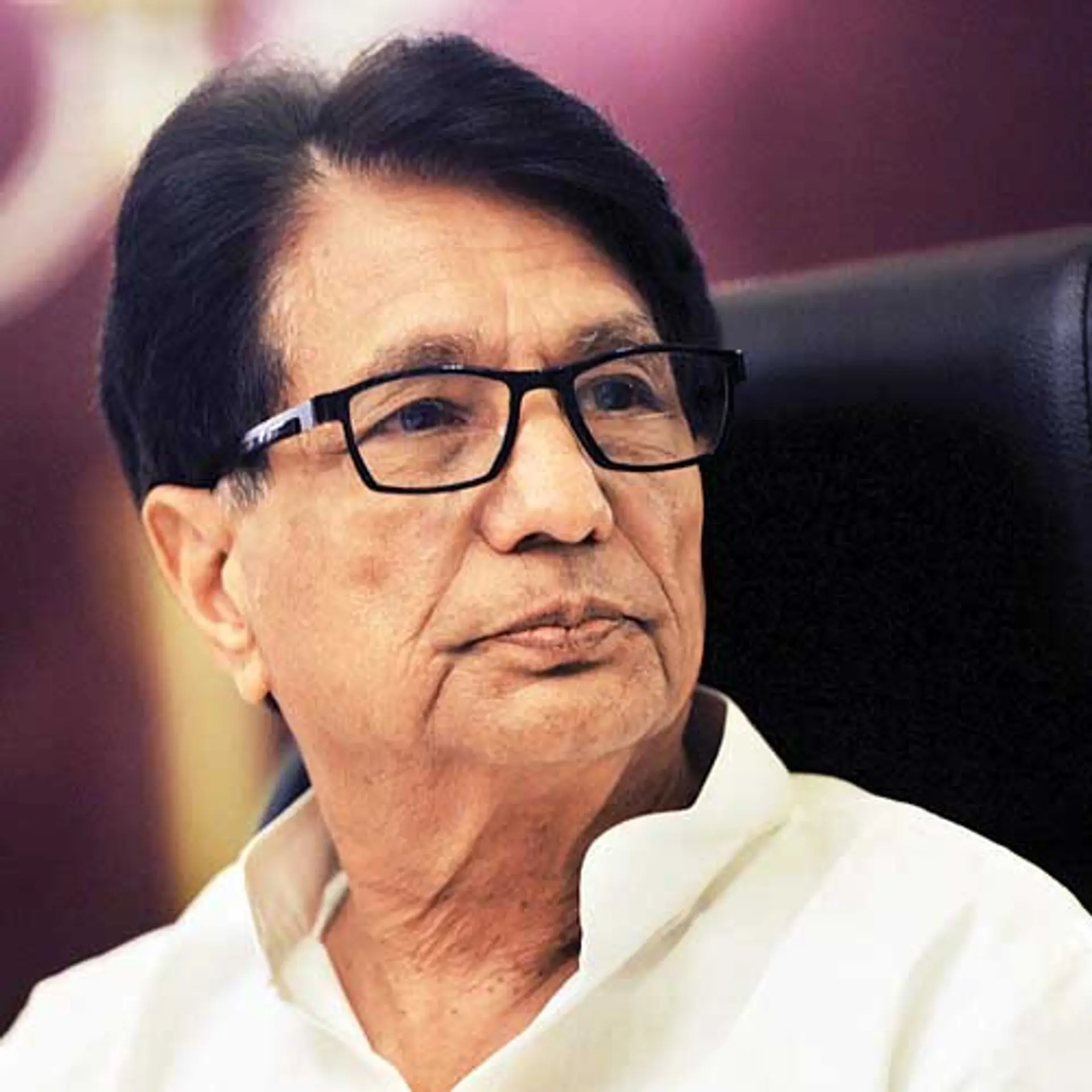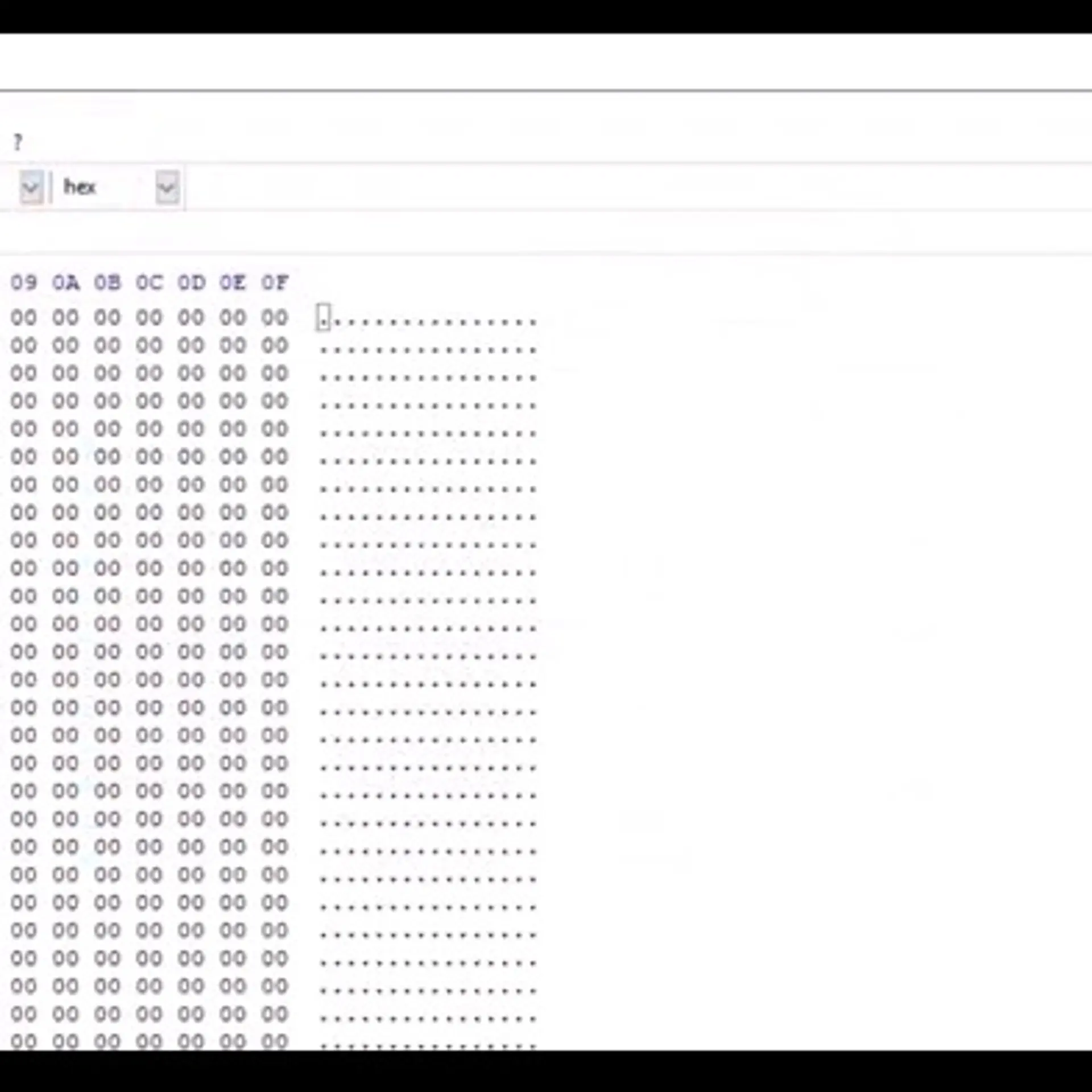

Bollywood and Womanhood
The social fabric of India knitted with threads of patriarchal, misogynistic and sexist mindsets coupled with the man-woman social interactions and perceptions guided by the silver screen, has far-reaching ramifications on women.
Pick the top film grossers of 2016 in a random order- Dangal, Sultan, Airlift, Rustom, M S Dhoni and Ae Dil Hain Mushkil. Even if one forgives the overtly stated ‘machoism’ in few of the big titles, it is interesting to note that each of these films portrayed women in different perspectives - women as fighters, unfaithful wives or silent lovers. It is not uncommon these days to have lead actresses even being portrayed as ‘item girls in item songs’. Anything to get those huge box office collections and creating records and entering into the ‘crores club’! The objective here is certainly not to be judgmental. However, I cannot but ponder on the influential Bollywood and its portrayal of womanhood. Should we really care?
Bollywood cannot be ignored
A report by DI International Business Development (DIBD) pegs Bollywood to touch a $4.5 billion revenue mark in 2016. Ascribed as one of the largest film making entity, Bollywood has had its ‘grave’ influence on every Indian and continues to drive social behavior; shape thoughts and define actions of many in this country. Hence, by no means could the influence of this giant be ignored.
As absurd as it may sound, the social fabric of India knitted with threads of patriarchal, misogynistic and sexist mindsets coupled with the man-woman social interactions and perceptions guided by the silver screen, has far-reaching ramifications on women. How familiar is this - portrayal of women as helpless souls waiting to be rescued by the super hero and, of course, depicting crimes against women on the screens, add to the influencing social behaviours.
Women Stereotypes
The objective is not to condemn the entire Bollywood and film industry. It should be acknowledged that we do produce women-oriented films (Queen or English Vinglish), but are few and far between. Not all of Bollywood is about women empowerment. Rightfully so, when big brother Hollywood himself is not so woman–friendly. The Center for the Study of Women in Television and Film report titled "It’s a Man’s (Celluloid) World” highlighted that only 12% female ‘identifiable’ protagonists appeared on screen. Male characters had enjoyed identifiable occupational status as compared to their female contemporaries and often were identified with work-related roles (doctors, business executives, etc).
Driving positive change
How does one work on changing stereotypes? Nothing short of a sea-change in social behavior can drive these changes. It needs to start with boys and girls, at a young age. It is still not uncommon to see boys and girls at schools being asked to sit at separate benches; it is still not uncommon to see young men and women at work forming groups of the same gender at off sites (meant for bonding) and finally it is still not uncommon in our country to have men and women pose in same gender groups for marriage photographs!
While it is easy to blame the films and film makers, it is interesting to study if the chicken and egg parallel can be drawn here - is it society that drives these films to portray women as they are viewed in today’s context or is it films that drive the societal view of women being portrayed as stereotypes. Ask yourself this question? How many of us are familiar with this line, “So what? You are the woman of the house and you are meant to do this!”
If we really need to see change, then like charity, this change too needs to begin at home and practiced consciously at school, at work and at every social gathering. It begins with changing the way we think and then translating this into the way we usher this change in our own children. Who knows, this may in turn propel the much-needed change in Bollywood. In fact, Bollywood can then play a more responsible role in bringing this positive change - after all, picture abhi baki hai, mere dost!
(The writer is Director – Communications, Organisation of Pharmaceutical Producers of India (OPPI)).






